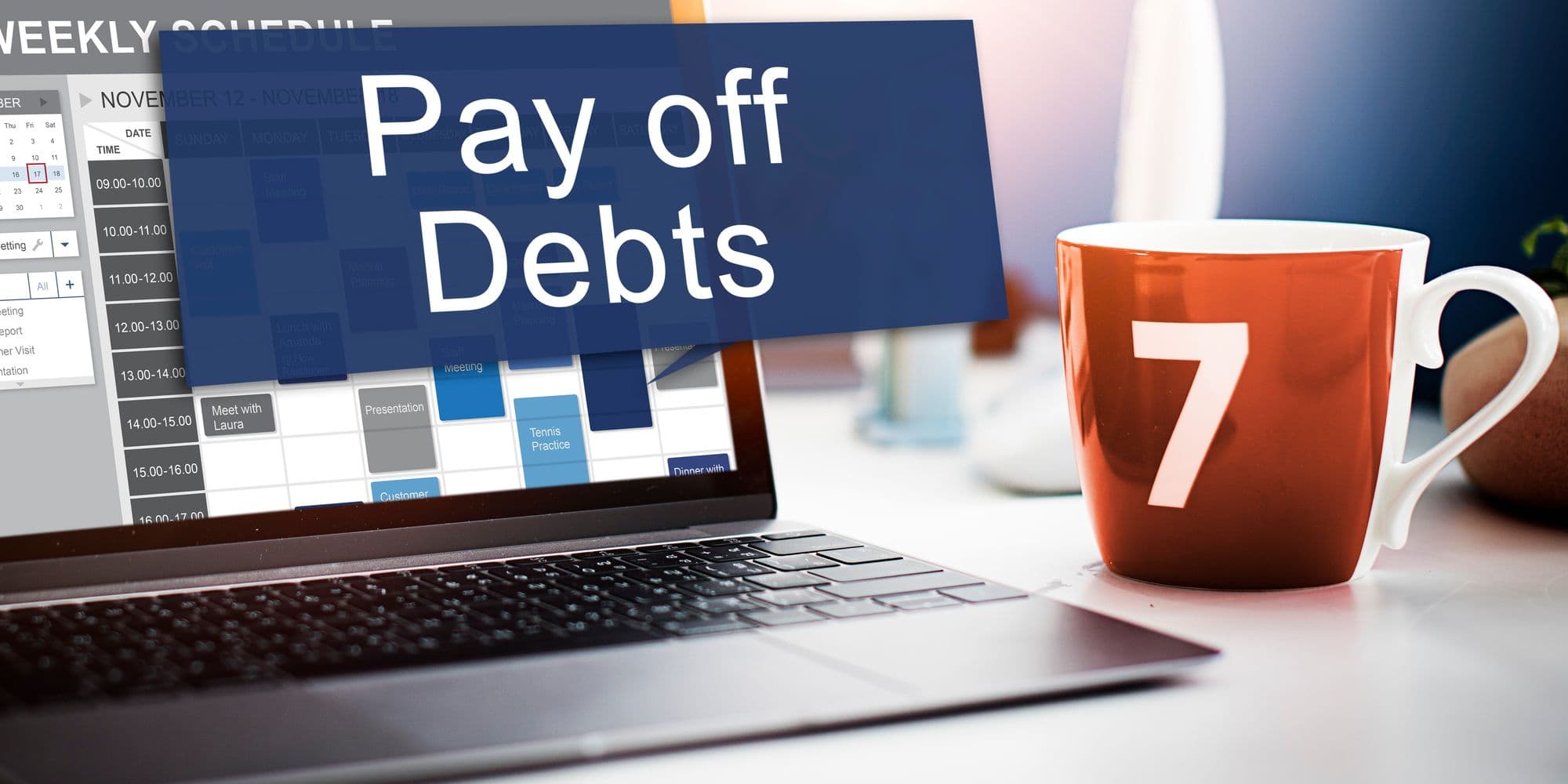In a world where financial choices wield immense power, the quest for stability often leads individuals and to the intricate realm of debt consolidation. Debt consolidation is more than just a financial strategy; it's a key to unlocking a future unburdened by the weight of multiple debts. With the financial landscape evolving, navigating through various loans, credit card debts, and interest rates can be a daunting task.
SimpleDirect simplifies this complexity, offering a beacon of clarity for those seeking a streamlined path to financial freedom. Embarking on the journey to financial resilience begins with the right partner. SimpleDirect not only simplifies the debt consolidation process but also empowers you with the knowledge to make sound financial decisions. Join us as we unravel the intricacies of debt consolidation, paving the way for a future where financial freedom is not just a dream but a tangible reality.
Types of Debt Consolidation Loans
There are several types of debt consolidation loans available, each with its unique features designed to cater to different financial situations. Let's explore some of the most common options:
1. Personal Loans
These are unsecured loans offered by banks, credit unions, or online lenders. They usually offer fixed interest rates and are suitable for individuals with good credit scores. The borrowed amount is used to pay off existing debts, and then you make regular payments to pay off the new loan.
2. Home Equity Loans
These are secured loans that use the equity in your home as collateral. They typically offer lower interest rates and are suitable for homeowners with significant equity in their property. However, you risk losing your home if you fail to make the payments.
3. Balance Transfer Credit Cards
These cards offer a promotional period with low or zero interest rates. They are suitable for individuals with high-interest credit card debt. However, after the promotional period, the interest rate can rise significantly.
4. 401(k) Loans
This allows you to borrow against your retirement savings. It's generally recommended as a last resort due to the potential risks to your retirement funds.
5. Debt Consolidation Companies
These companies pay off your existing debts and then charge you a single monthly payment. They're suitable for those struggling to manage their debts, but be cautious of potential high fees.
Choosing the right type of debt consolidation loan depends on your financial circumstances, the type of debt you have, your credit score, and your ability to make consistent payments. It's essential to carefully consider your options and possibly seek advice from a financial advisor before proceeding.

Step-by-Step Guide to Debt Consolidation
Consolidating your debt can be a powerful tool for managing and reducing your financial obligations. Here's a step-by-step guide to the process:
1. Assess Your Financial Situation
List all your debts, including amounts owed, interest rates, and payment schedules. Also, review your income and budget to understand what kind of monthly payment you can afford.
2. Check Your Credit Score
Your credit score will significantly impact the types of consolidation options available to you and the interest rates you'll receive.
3. Research Your Options
Investigate different debt consolidation methods, such as personal loans, home equity loans, balance transfer credit cards, or debt consolidation companies. Each has its advantages and disadvantages, so choose the one that best fits your situation.
4. Apply For a Consolidation Loan
Once you've chosen a suitable option, apply for the loan. If approved, your lender will likely pay off your existing debts directly, consolidating them into a single loan.
5. Create a Repayment Plan
Once the loan is in place, you'll need to make regular payments. Ensure these align with your budget to avoid defaulting and potentially worsening your financial situation.
6. Stay on Track
Consolidating your debt is only the first step. You should also work towards improving your financial habits to avoid falling back into debt. Consider creating a budget and saving plan to secure your financial future.
Remember, consulting with a financial advisor can provide invaluable guidance through this process, helping you make decisions that best serve your financial wellbeing.

SimpleDirect's Approach
In a world where financial decisions shape our future, SimpleDirect stands out as a beacon of empowerment. Specializing in personal finance solutions, SimpleDirect's approach to debt consolidation is a game-changer for those seeking fiscal harmony.
1. Tailored Solutions for Every Individual
SimpleDirect understands that financial situations vary. Their debt consolidation services are not one-size-fits-all; instead, they meticulously craft personalized plans to suit each individual's unique circumstances. Whether you're managing multiple credit card debts or juggling various loans, SimpleDirect tailors its approach to meet your specific needs.
2. Transparent and Understandable Terms
Debt consolidation can be a complex process, but SimpleDirect demystifies it with clear and transparent terms. No hidden fees or confusing jargon—just straightforward explanations that empower consumers to make informed decisions about their financial future.
3. Competitive Interest Rates
Saving money is at the core of SimpleDirect's mission. By negotiating competitive interest rates with lenders, they ensure that debt consolidation doesn't just simplify your financial landscape but also saves you money in the long run. The emphasis is not just on consolidation but on doing so with financial efficiency.
4. Streamlined Application Process
SimpleDirect recognizes the value of time. Their streamlined application process minimizes paperwork and accelerates the path to debt relief. A user-friendly online interface ensures that individuals can initiate the debt consolidation journey with ease, making financial freedom more accessible than ever.
5. Expert Guidance Every Step of the Way
Navigating the financial landscape can be overwhelming, but SimpleDirect provides expert guidance at every step. Their team of seasoned professionals is dedicated to ensuring that individuals understand the implications of debt consolidation, empowering them to take control of their financial destiny.

Tips for Maintaining Financial Discipline After Debt Consolidation
Maintaining financial discipline after debt consolidation is crucial to avoid falling back into debt. Here are some tips:
1. Create a Budget
A detailed budget is a roadmap for your spending. It helps you understand where your money is going and where you can cut back.
2. Stick to the Budget
It’s not enough to just create a budget - you need to stick to it. Track your expenses and adjust your budget as needed.
3. Emergency Fund
Build an emergency fund to cover unexpected costs. This will prevent you from resorting to credit in a crisis.
4. Limit Credit Use
Be cautious with credit cards and loans. Only use them when necessary and always plan for repayments.
5. Regular Review
Regularly review your financial situation. This will help you stay on top of your finances and make adjustments as required.
6. Financial Education
Keep learning about financial management. The more you understand about personal finance, the better you'll be at managing your money.
Remember, debt consolidation is a tool to help manage debt, not a solution to financial mismanagement. It should be accompanied by a commitment to long-term financial discipline.
In conclusion, SimpleDirect's approach to debt consolidation is a testament to their commitment to financial empowerment. By offering tailored solutions, transparent terms, competitive rates, a streamlined process, and expert guidance, they pave the way for individuals to break free from the shackles of debt and embark on a journey toward lasting financial freedom.


